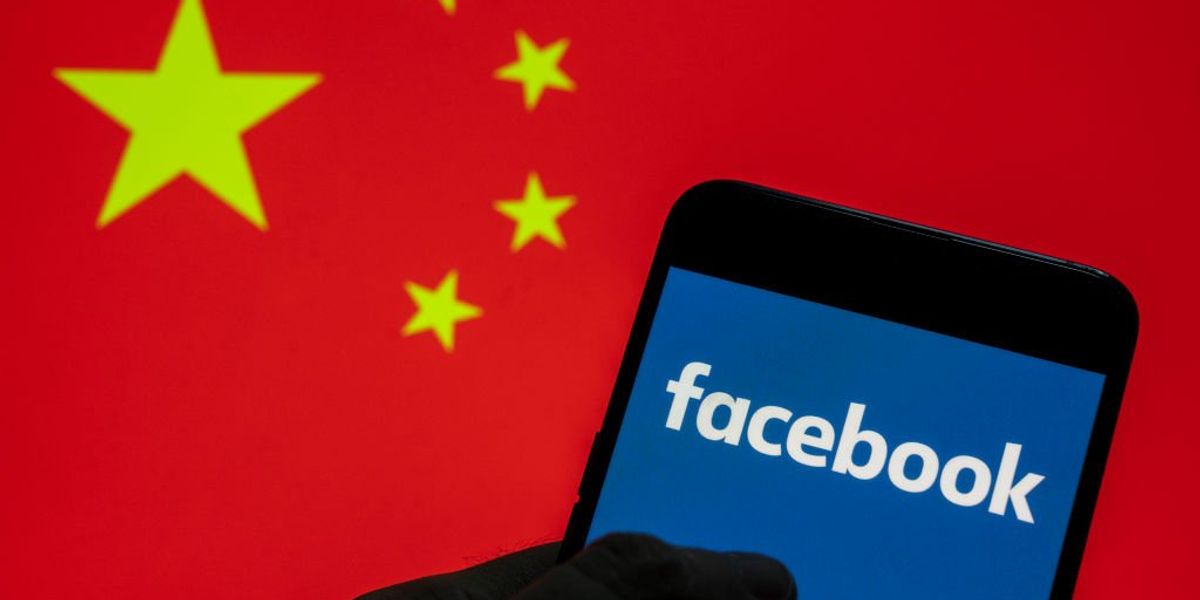

Mark Zuckerberg appeared on “The Joe Rogan Experience” in January sporting a new hairstyle and a gold chain — an image makeover that began with the billionaire tech mogul sparring with MMA fighters in 2023. He cast himself as a reformed free-speech champion, admitting that under the Biden administration, Meta’s fact-checking regime had become “something out of '1984.'” Something, he said, needed to change.
What he didn’t say: Meta’s censorship playbook has long resembled the Orwellian dystopia he now claims to oppose.
‘Meta lied about what they were doing with the Chinese Communist Party to employees, shareholders, Congress, and the American public.’
Under Zuckerberg’s leadership, Meta has operated with "1984"-style control — censoring content, shaping political narratives, and cozying up to authoritarian regimes, all while pretending to remain neutral. While Zuckerberg criticizes China’s digital authoritarianism, Meta has adopted similar strategies here in the United States: censoring dissent, interfering in elections, and silencing political opponents.
Whose ‘shared values’?
Zuckerberg’s hypocrisy is increasingly obvious. His ties to China and Meta’s repeated attempts to curry favor with the Chinese Communist Party expose a willingness to bend democratic principles in the name of profit. Meta mimics China’s censorship — globally and domestically — even as it publicly condemns the CCP’s control over information.
For years, Meta attacked China’s censorship and human rights abuses. But as China-based tech companies gained ground, Zuckerberg’s rhetoric escalated. He warned about Chinese AI firms like DeepSeek, which were producing superior tools at lower costs. In response, Meta’s Chief Global Affairs Officer Joel Kaplan assured Americans that the company would build AI based on “our shared values, not China’s.”
Zuckerberg even declared he’d partner with President Trump to resist foreign censorship and defend American tech. But that posturing collapses under scrutiny.
Behind the scenes, Zuckerberg worked hard to ingratiate himself with the Chinese regime. As Steve Sherman reported at RealClearPolicy, Meta pursued “Project Aldrin,” a version of Facebook built to comply with Chinese law. Meta even considered bending its privacy policies to give Beijing access to Hong Kong user data. To ingratiate himself with the CCP, Zuckerberg displayed Xi Jinping’s book on his desk and asked Xi to name his unborn daughter — an offer Xi wisely declined.
These overtures weren’t just about market share. Meta developed a censorship apparatus tailored to China’s demands, including tools to detect and delete politically sensitive content. The company even launched social apps through shell companies in China, and when Chinese regulators pressured Meta to silence dissidents like Guo Wengui, Meta complied.
On April 14, an ex-Facebook employee told the Senate Judiciary Subcommittee on Crime and Counterterrorism that Meta executives “lied about what they were doing with the Chinese Communist Party to employees, shareholders, Congress, and the American public.”
Political meddling at scale
After the Trump administration moved to block Chinese tech influence, Meta backed off its China ambitions. But the company didn’t abandon censorship — it just brought it home.
In the United States, Meta began meddling directly in domestic politics. One of the most glaring examples was the two-year ban on President Donald Trump from Facebook and Instagram. Framed as a measure against incitement, the decision reeked of political bias. It showed how much power Zuckerberg wields over American discourse.
Then came the 2020 election. Meta, under pressure from the Biden administration, suppressed the Hunter Biden laptop story — a move Zuckerberg himself later admitted. Though the story was legitimate, Facebook and Twitter labeled it “misinformation” and throttled its reach. Critics saw this as an obvious attempt to shield Biden from scrutiny weeks before Election Day.
Meta’s interference didn’t stop at content moderation. It also funded election infrastructure. Zuckerberg donated $350 million to the Center for Tech and Civic Life and another $50 million to the Center for Election Innovation and Research. These funds were funneled into swing states under the guise of pandemic safety. But critics viewed it as private influence over public elections — a dangerous precedent set by one of the most powerful CEOs in the world.
Meanwhile, Meta executives misled the public about the company’s relationship with China.
Beyond corporate hypocrisy
Zuckerberg’s deference to China wasn’t a phase — it was part of a long-term strategy. In 2014, he wrote the foreword for a book by Xi Jinping. He practiced Mandarin in public appearances. He endorsed Chinese values in private meetings. This wasn’t diplomacy — it was capitulation.
Meta even designed its platform to comply with CCP censorship. When regulators in China asked the company to block dissidents, it did. When Chinese interests threatened Meta’s business model, Zuckerberg yielded.
So when he criticizes China’s authoritarianism now, it rings hollow.
Meta’s behavior isn’t just a story of corporate hypocrisy. It’s a case study in elite manipulation of information, both at home and abroad. Zuckerberg talks about free speech, but Meta suppresses it. He warns of foreign influence, while Meta builds tools that serve foreign powers. He condemns censorship, then practices it with ruthless efficiency.
Americans shouldn’t buy Zuckerberg’s rebrand. He wants to sound like a First Amendment champion on podcasts while continuing to control what you see online.
Meta’s past and present actions are clear: The company interfered in U.S. elections, silenced political speech, and appeased authoritarian regimes — all while pretending to stand for freedom.
Zuckerberg’s censorship isn’t a glitch. It’s the product. And unless Americans demand accountability, it will become the new normal.
.png)
 9 hours ago
5
9 hours ago
5






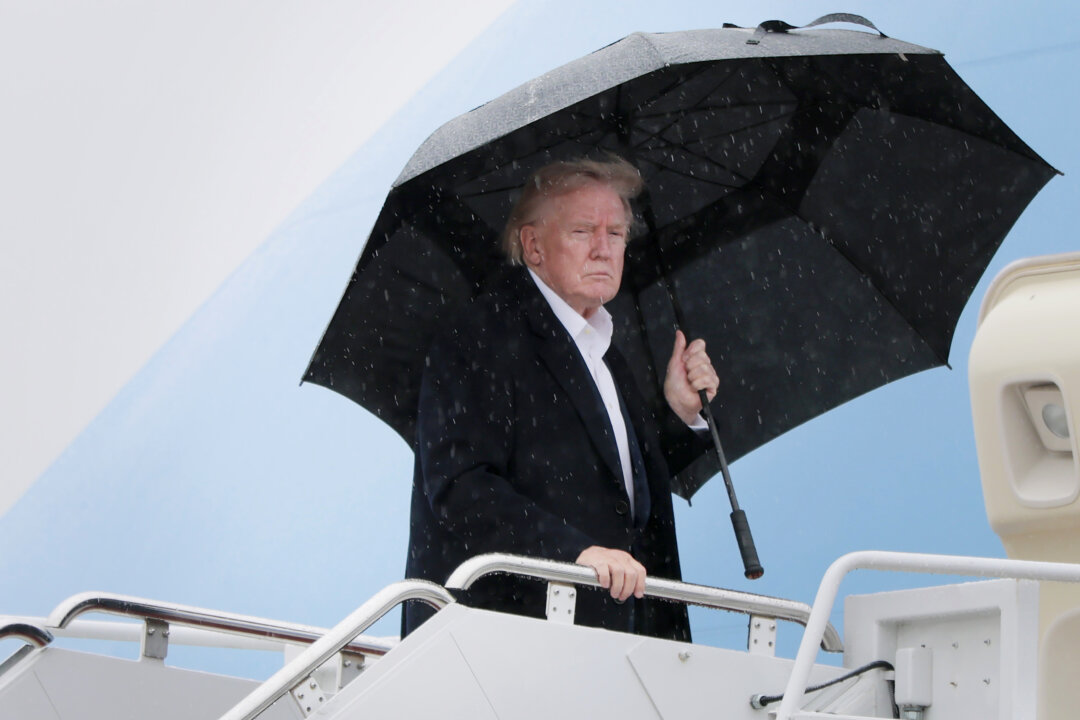
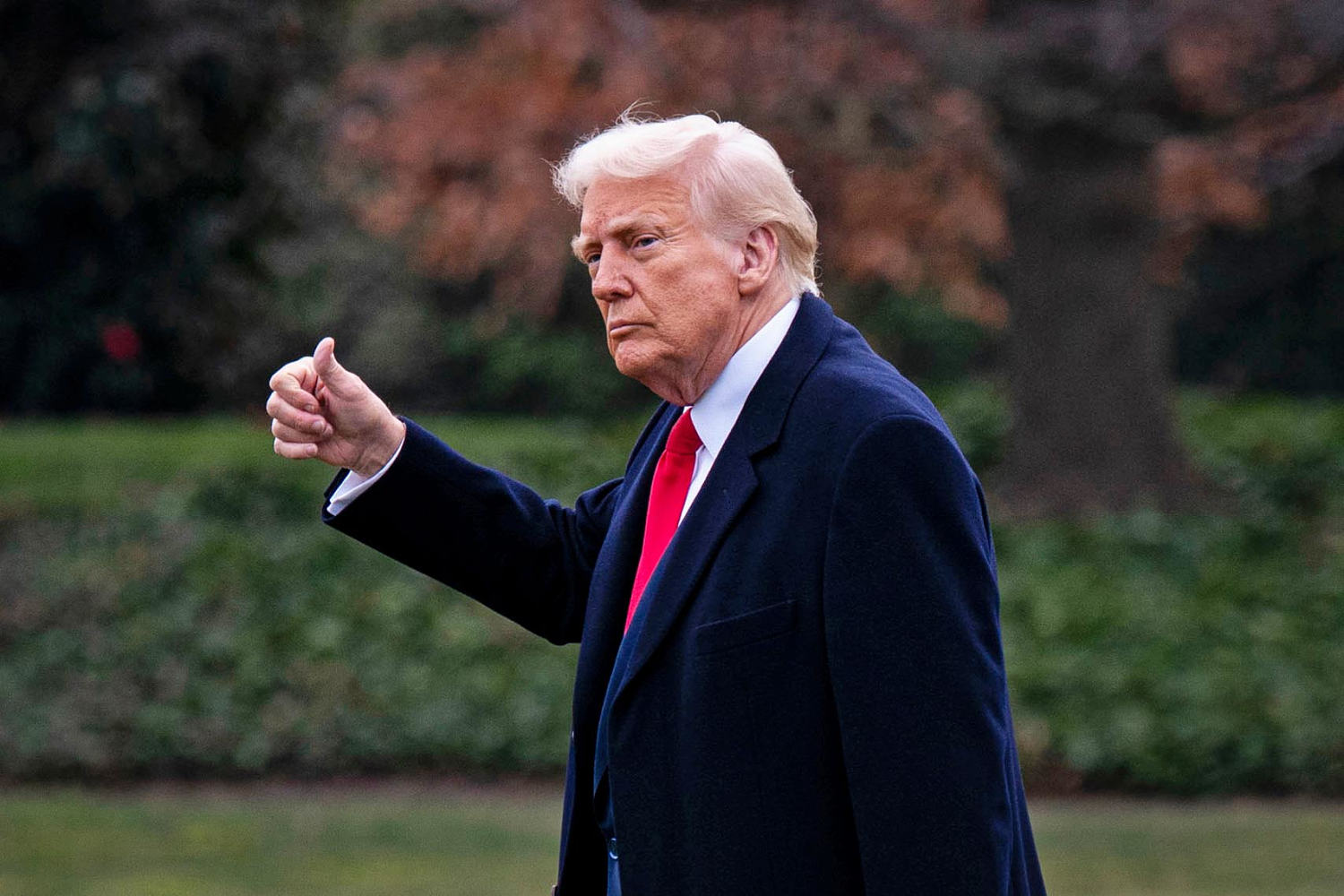

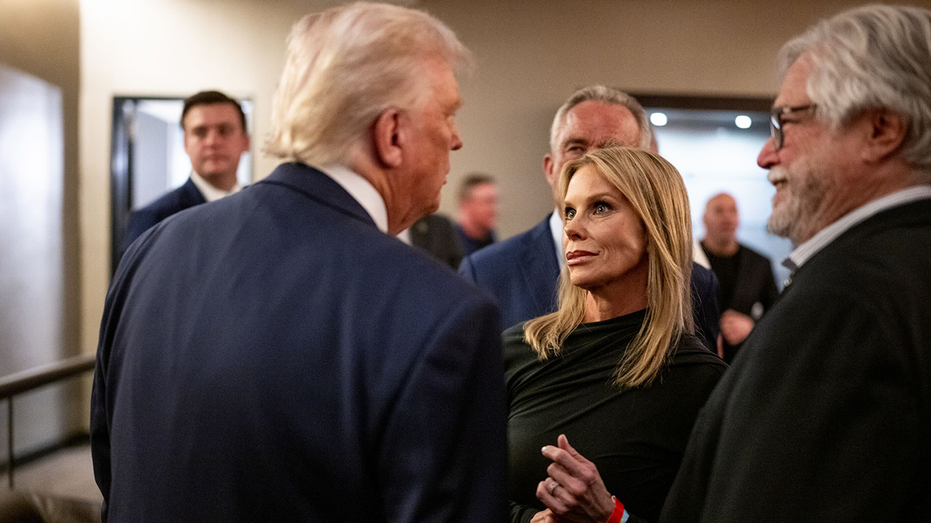
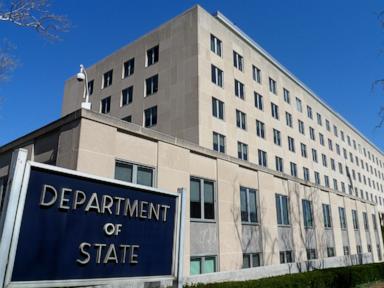



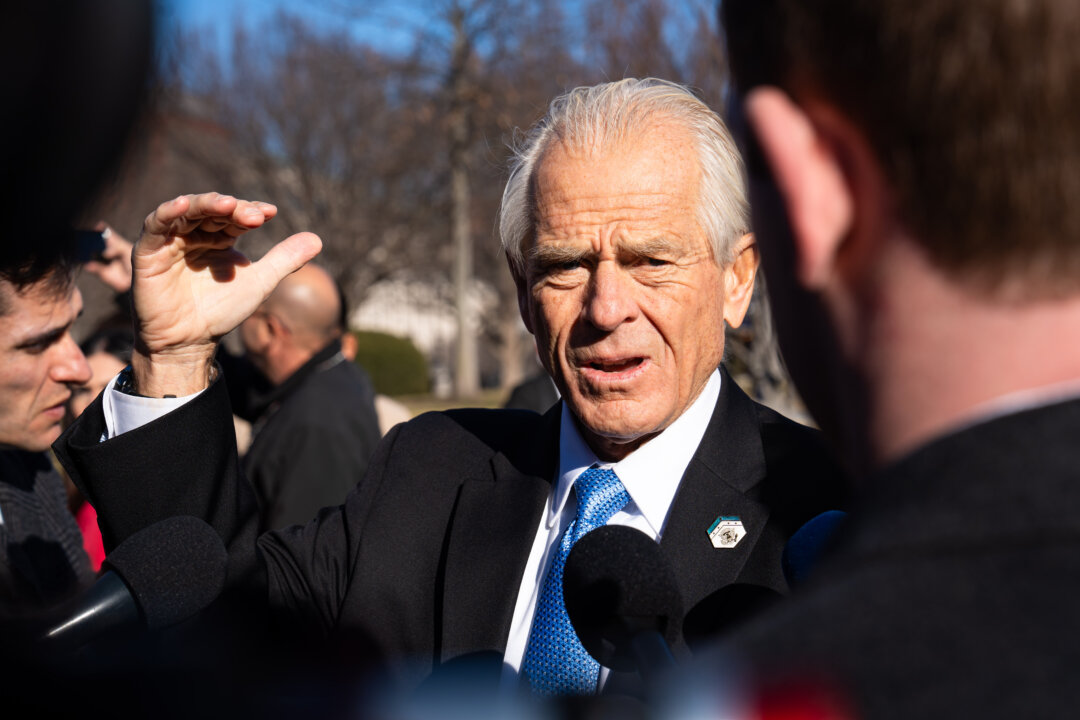
 English (US)
English (US)